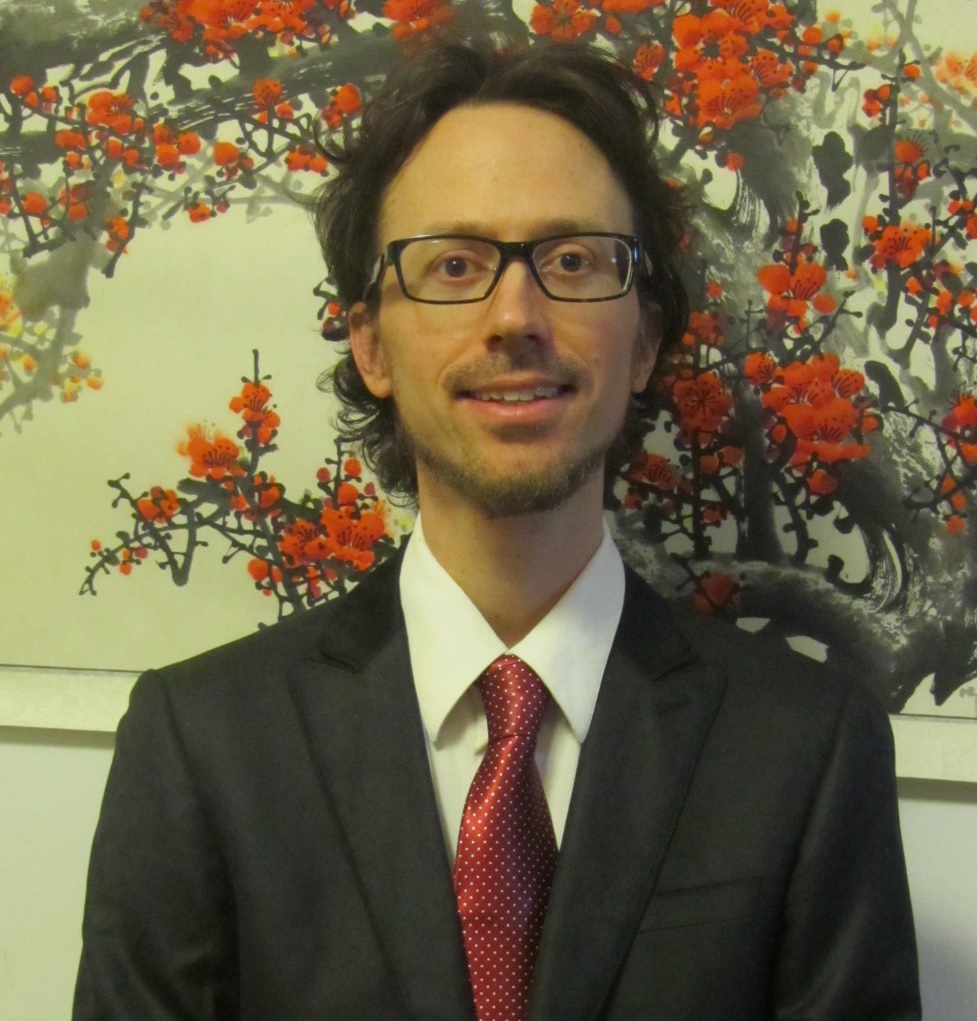
I live and work in Germany since 2014 and have three children with my wife, who is from China. In 2023, I founded the “Balance” practice for naturopathic psychotherapy and hypnotherapy, in Osnabrück, Germany. After working some years as an EFL English Teacher I was inspired to take the Masters level course “Adult Learning and Global Change” through Linköping University (in Sweden) in collaboration with the University of British Columbia, University of the Western Cape and Monash University, from 2010 to 2012. etween 01.2019- 10.2019 I attended the exam preparation course to become a naturopathic healer for psychotherapy in the Heilpraktische Gemeinschaftspraxis Linde.
After that, in 2020, I completed an introductory course in Client-Centered Therapy and the Person-Centered Approach according to Carl Rogers, followed by the English language 200 hour “Basic Consultant for Positive and Transcultural Psychotherapy” course, with certificate of attendance dated April 19, 2021. The permission for the professional practice of naturopathic medicine limited to the field of psychotherapy was granted to me on May 25, 2022, by the city of Osnabrück, Germany. Finally, I completed the German language “Consultant and Life Coach of Positive and Transcultural Psychotherapy” course, with another 200 hours, with the certificate of attendance dated April 1, 2023. Also in 2023 I completed the Extensive Training in the application of the Wiesbaden Inventory for Positive Psychotherapy and Family Therapy (WIPPF). On February 04th, 2024, I completed the 22 hour Fundamentals of Classical Hypnosis training in Holistically Oriented hypnosis (HOH) at the Hypnose-Akademie Dohmann in Germany.
I am, of course, committed to continuing the advance of my skills and knowledge through annual seminars and further trainings in various aspects of Positive Psychotherapy and other psychotherapeutic practices and methods. Although based in Germany I also provide psychotherapy online internationally via platforms like Zoom, Skype, Telegram, WhatsApp, etc.
My hobbies are Chinese Qigong (chi gung), parapsychology, interfaith studies, shamanism, adult learning, meditation, hiking and Aikido.
I am a member of: the Association of Independent Naturopaths e.V. (VUH #: 10025) of the German Association for Positive and Transcultural Psychotherapy e.V. (DGPP e.V.) of the World Association for Positive and Transcultural Psychotherapy e.V. (WAPP #:2619) and of the Exceptional Experiencer Empowerment Initiative (E³)
Interest in E3
It is important to find supportive professionals who can guide experiencers on a healing path. There can be tremendous growth and vibrant life change as a result of healthy integration and engagement with anomalous experiences.”
Modalities, Location, etc.
In summary, it is a comprehensible, easy-to-use, conflict-centered and resource-oriented short-term psychotherapy that can be easily applied in everyday clinical practice, conveys psychosomatic concepts in an understandable and humane way and at the same time provides a tool for self-help.
Another aim is to ensure that the method can be used across cultures and social classes. It is based on transcultural observations in over twenty cultures, which ultimately led to the development of this method.
The three main principles of positive psychotherapy are the positive (principle of hope), the content (principle of balance) and the strategic approach (principle of consultation). The principle of hope means trying to see a disorder in its broader context, to understand its meaning, and to address its positive aspects.
Accordingly, illness is reinterpreted.
Examples:
*Depression is the ability to respond to conflict with the deepest emotionality.
*Panic attacks are the signals of your inner alarm system wanting to warn you that something is going wrong in your life.
*Anorexia is the ability to get by with little food and to identify with the hunger of the world.
By doing this, a change of location occurs. Illnesses thus have a symbolic function that therapist and patient must first recognize together. The client learns that his symptoms and complaints are signals to bring his four areas of life into a new balance.
The Principle of Balance: conflict dynamics and conflict content Despite cultural and social differences and the uniqueness of each person, it can be observed that all people resort to typical forms of conflict management that focus on four areas of life when coping with their problems.
The 4 areas of life (Body/Health; Work/ Achievement; Social Life; Future/ Spirituality) complement each other. A one-sided, chronic overemphasis on one area of life inevitably leads to problems in other, equally important areas. Temporarily there can be an overemphasis, but not permanently. If areas of life are unilaterally emphasized over a longer period of time, your life gets out of balance.
The five stages of therapy and self-help The five stages represent a concept of Positive Psychotherapy within which therapy and self-help are closely related. The patient and his relatives are informed together about his illness and individual ways out: in 5 Stages:
Stage 1: Observation, distancing (perceptiveness: the ability to express wishes and problems)
Stage 2: Inventory (cognitive ability: events in the last 5-10 years)
Stage 3: Situational encouragement (self-help and resource activation of the patient: the ability to make use of healthy parts and successes in previous conflict processing)
Stage 4: Verbalization (communicative skills: the ability to express outstanding conflicts and problems in the four qualities of life)
Stage 5: goal expansion (ethical and moral abilities of the patient for the future: the question: “What to do when you have no more complaints and problems, – what are your goals for the next 3-5 years?”) “
A healthy person is not the one who has no problems, but the one who can flexibly deal with the unexpected problems of life.” – (N. Peseschkian)
I live in Germany but also work Online internationally.

